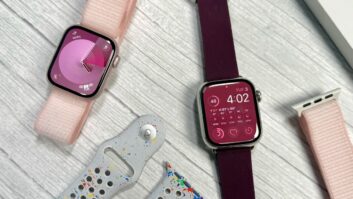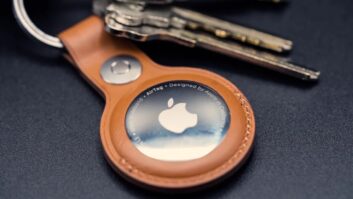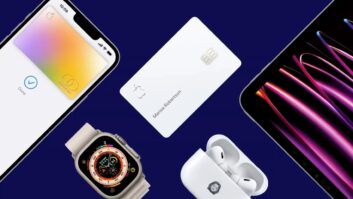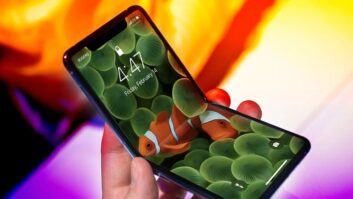Taoyuan, Taiwan – HTC and Apple said they settled all their Android-related patent disputes around the world and have entered into a 10-year cross-licensing agreement for current and future patents.
The companies dropped all their current lawsuits against each other. The companies declined to disclose additional details.
“HTC is pleased to have resolved its dispute with Apple, so HTC can focus on innovation instead of litigation,” said HTC CEO Peter Chou.
Said Apple CEO Tim Cook, “We are glad to have reached a settlement with HTC. We will continue to stay laser focused on product innovation.”
Although Apple and HTC have settled their disputes, it’s not likely that Apple and Samsung will settle their disputes so quickly, said analyst Jeff Kagan. “Samsung is a huge competitive threat to Apple so I don’t expect Apple and Samsung to be settled this easily,” he said. “That one will drag on.”
For Apple and HTC, the settlement is good news, Kagan said. “It will let them both get back to focusing on handsets. This is not a battle that either company wanted, yet both were tied up in.”
Although little is known about the details, he said, “it covers both current and future patents for both Apple and HTC, so hopefully this won’t happen again. It’s more important to be focused on innovation rather than court.”
For his part, intellectual property analyst Florian Mueller noted that the announcement “is the third significant smartphone patent settlement since June 2011” following a settlement between Apple and Nokia and a settlement between Microsoft and Barnes & Noble. The HTC settlement, however, shows that Google has been wrong in its steadfast denials that Android has a patent-infringement problem that needs to be solved through royalty-bearing license deals.
Apple has yet to settle with Samsung or wholly-owned Google subsidiary Motorola Mobility.
“Google officials including former CEO and now-chairman Eric Schmidt have repeatedly denied that Android has a patent infringement problem that needs to be solved through royalty-bearing license deals,” said Mueller. “But Google’s rhetoric is out of touch with reality and inconsistent with the path chosen by its device maker partners. Google’s OEMs definitely realize that they must approach the problem constructively and take care of themselves rather than trust Google on this.”
If Google’s strategy to settle all Android patent issues by buying Motorola and Motorola’s patents had worked out, he said, “there would have been a completely different kind of announcement relating to Android at large and not only to HTC.”
Mueller agreed the settlements were in the best interests of HTC and Apple.
Both companies “simply have other priorities to focus on,” he said. “For Apple, the competitive challenge it faces from Samsung and from Google’s plan to use Motorola Mobility’s patents to reach a point of mutually assured destruction are far bigger issues. If Apple wanted to be embroiled in litigation with a third Android device maker, HTC would no longer be the choice at this stage. Amazon, for example, would be a higher priority. And while HTC didn’t have to fear much from Apple’s litigation in the nearest term, it probably knew that it couldn’t win this fight in the long run, and it now needs to focus on its business. It recently lost market share and reported disappointing financial results.”












